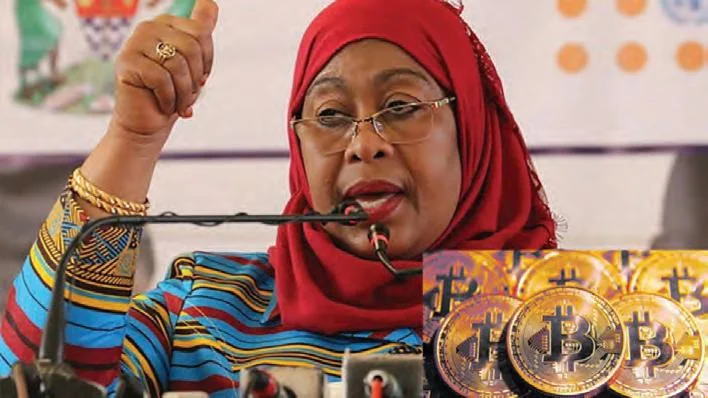Governance
After Economic Sanctions Crippled Mali, the AU and EU are Trying a New Tack By Stephen Kafeero LONG BEFORE LAST WEEK’S SUSPENSION of Mali by the African Union (AU) and other partners over its second coup in nine months, the west African country was already struggling with a failing economy, rampant corruption, and a brutal jihadist conflict. Now the eighth-largest country in Africa risks being shut out from some of the continent’s most promising growth opportunities. The land-locked country of 20 million is one of the poorest in the world, and largely dependent on imports. For now, the country’s military regime has escaped the type of economic sanctions imposed after last year’s August military takeover. But they could be reimposed, unless its military regime heeds to pressure from its trading partners to return to civilian rule. Even without economic sanctions, Mali’s suspension from the AU means that country’s representatives are restricted in their ability to participate in initiatives like the African Continental Free Trade Area (AfCFTA), the free trade agreement which aims to accelerate intra-African trade and boosting Africa’s trading position in the global market. And even the threat of repeated sanctions could dampen any existing investor interest, says Dr Sanoussi Bilal, a senior executive at the European Centre for Development Policy Management. “The fear of sanctions itself might lead some domestic and foreign investors to think twice before engaging in new businesses in Mali, or trading with the country,” Bilal says. “Social unrest, possible strikes, demonstrations etc. have a negative effect on consumption, and thus trade. [And] when the military takes over the power, the prospects of domestic reforms and openness are reduced.”
president Ibrahim Boubacar Keïta, and followed calls from protestors for his resignation, citing government corruption, mismanagement of the ongoing insurgency, the Covid-19 pandemic, and a failing economy. Immediately after the August 2020 military takeover, the Economic Community of West African States (ECOWAS), the regional bloc of west African states, imposed tough trade restrictions on the country, including limits on financial flows and commercial trade, with the exception of basic supplies like food, medicines, fuel and electricity. The country’s imports dropped by 30% in less than two months. The restrictions are credited with accelerating the creation of a short-lived civilianmilitary government, led by the now deposed former defense minister, Bah Ndaw, as interim president. That administration was removed from power last month by the military, citing violation of a political transition charter. (Specifically, not informing Goita about the details of a cabinet reshuffle.) Both the president and prime minister later resigned while in military custody. Amid concerns by the international community, Goita was formally sworn in as interim president on June 7 in the capital Bamako. The AU and ECOWAS had warned that Goita and other members of the transition, including the president and prime minister he ousted, “should not, under any circumstances, be candidates” for the presidential election envisaged in the agreement after the 2020 coup.
A focus on Mali’s governance Cheikh Tidiane Dieye, the executive director of the African Center for Trade, Integration and Development said this time around, economic Mali’s second coup sees different sanctions Both coups in the last year have been led by restrictions have been replaced by sanctions Colonel Assimi Goita, a 38-year-old special forces related to “democracy and good governance.” These include refusal to support the candidates commander. Last year’s resulted in the ousting of
54
July-August 2021
DAWN
www.africabusinessassociation.org













































